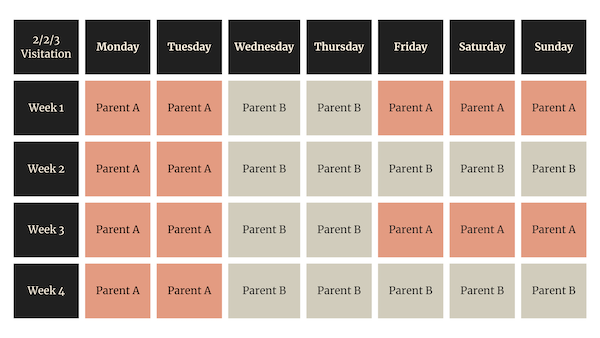Understanding Prenups and Their Impact on Divorce
By Gary Graham, Partner at Stern Edlin Graham Family Law
Prenuptial agreements (prenups) are powerful legal tools designed to provide financial clarity and protection in a marriage. Signed before marriage, prenups help protect premarital property and provide peace of mind should the marriage not work out. So that you can be prepared for how prenups will be viewed in divorce, let’s look at some important concepts:
- The Rise of Prenups
- What Prenups Cover
- Do Prenups Hold Up in Court?
- What to Expect if Your Marriage Ends

The Rise of Prenups
Prenups have become increasingly common, especially in recent years. I think the effect of COVID on unhealthy marriages contributed to the rise in prenups. The pandemic acted as a stress test for many marriages, ripping the bandaid right off and exposing marital issues. Prior to that, spouses would work in different locations every day. All of a sudden, you’re in the same room all day, every day, and you realize that you can’t stand this person. Those who divorced and subsequently remarried were more likely to consider prenups, especially when significant assets, business interests, or family wealth were involved, or a previous divorce involved litigation.
Many couples who kept their strained relationships together through COVID questioned the strength of their marriage and started to reassess their financial futures. Seeking similar peace of mind, some started talking about safeguards for their relationships. Some signed postnuptial agreements (postnups), similar to prenups but signed during marriage.
Having a prenup in place can provide clarity, reduce the emotional and financial strain of divorce, and help you avoid unnecessary litigation.
What Prenups Cover
Prenups often address potential future issues like premarital assets, business interests, family inheritances, property division, alimony, and other financial decisions. They can be particularly important when one or both spouses are bringing significant assets into the marriage, especially family assets or business interests. Prenups do have limitations. Child custody and child support are not covered in a prenup. Those decisions are reserved for the time of divorce when you can better assess the state of circumstances related to the children and their needs at that time. Everything else can be included.
Do Prenups Hold Up in Court?
Yes, prenuptial agreements generally hold up in court if they are executed properly. I think judges are often inclined to do everything they can to uphold prenups because they simplify the divorce process and resolve many contentious issues in advance. To ensure enforceability, a prenup must address three critical factors:
- Full and Complete Financial Disclosure: Both parties must fully disclose their assets, liabilities, and income.
- No Significant Changes in Circumstances: If circumstances haven’t drastically changed, such as an unforeseen and debilitating illness, the prenup is more likely to hold up.
- The Agreement is Not Unconscionable: The prenup must not be so grossly unfair, one-sided, or oppressive that no other reasonable person would sign it.
As long as these criteria are met, the likelihood of a court enforcing a prenup is high.
What to Expect if Your Marriage Ends
If your marriage ultimately ends in divorce, having a prenup in place provides a clear framework for resolving issues that you’ve already agreed on. When properly drafted and executed, a prenup can streamline the divorce process by reducing disputes and uncertainty. You and your spouse can focus on resolving those issues that were not covered, like child custody. By setting expectations early, a prenup can minimize conflict, lower legal costs, and expedite the resolution of the divorce, allowing both parties to focus on moving forward.
Final Word
A well-crafted prenuptial agreement can be a valuable tool for setting clear financial expectations and protecting assets in divorce. Although prenups can’t predetermine child custody or child support, they can address key financial matters upfront. Having a prenup in place can provide clarity, reduce the emotional and financial strain of divorce, and help you avoid unnecessary litigation. If you are wondering whether your prenup will hold up in divorce, consult an experienced family law attorney who can help evaluate whether it passes the three-pronged test.
Table of Contents
Stay in the Know
Discover Related Articles
Get Informed. Get Empowered
Read up on essential divorce topics to learn more about the process and all its different aspects.
Introductions, no pressure
Connect with a Top Divorce Attorney
in Columbus, OH
Go to Columbus, OH page
Are you in a different location? We can introduce you to the best family lawyers in your area























































